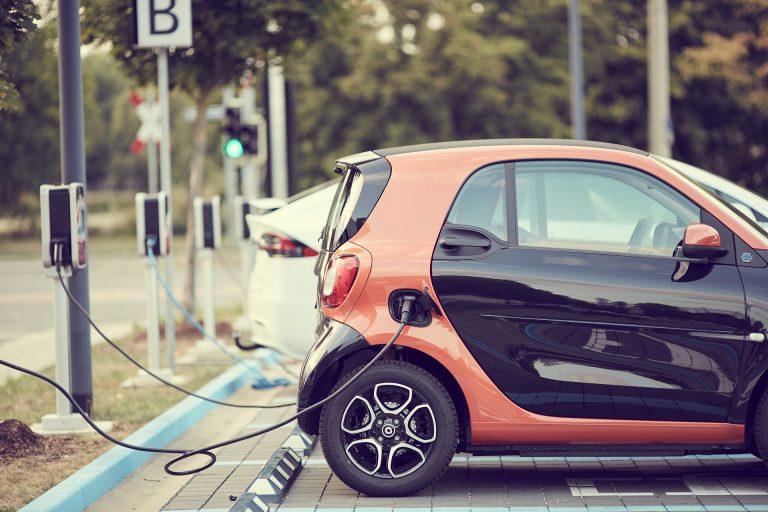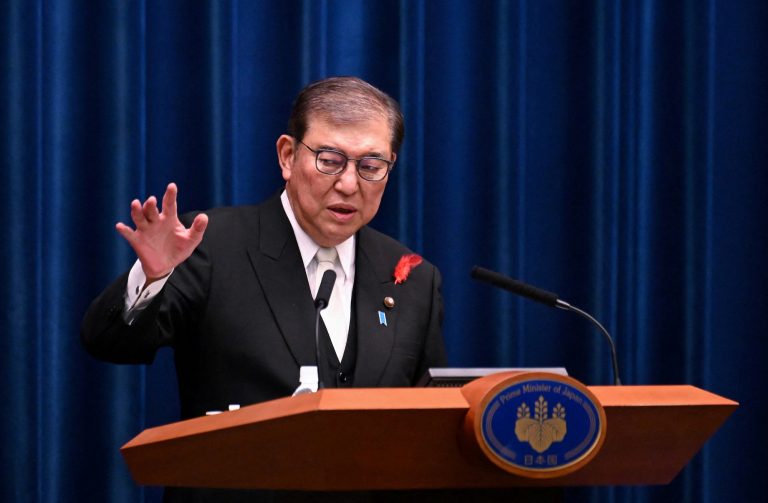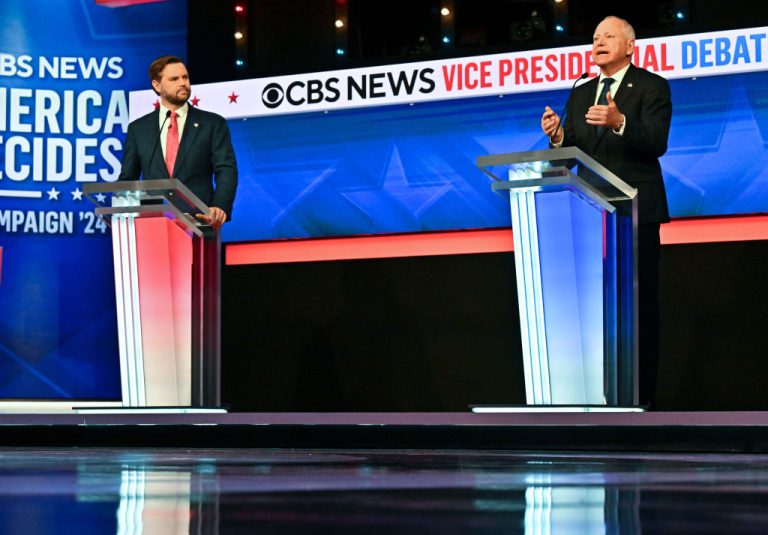The U.S. government has reportedly approved license applications that allow Huawei to buy auto chips from American firms. Chinese companies have been under severe trade restrictions for the past few years as they were considered to be a national security threat.
Huawei was added to the U.S. entity list in 2019 by the Trump administration, a move that prohibited American companies from selling products or technologies to Chinese firms without getting a special license from authorities. Last year, further restrictions were implemented as Washington banned overseas companies from supplying chips to Huawei in case they contained American equipment.
Other countries like Australia, Sweden, and New Zealand, followed suit as telecom companies from these nations ditched Huawei equipment in their 5G networks. As such, Huawei saw a steep decline in revenues, with the first half of 2021 only netting 320 billion yuan (approx. $45 billion) in sales as compared to 454 billion yuan (approx. $70 billion) in the same period last year. The Trump-era sanctions pushed Huawei to venture into the smart cars industry.
In recent weeks and months, the U.S. has granted licenses that authorize American suppliers to sell auto chips to Huawei according to a report by Reuters. The chips are to be used in smart car components like sensors, video screens, and so on. As the report went viral, the Biden administration faced criticism for what many believe is a dilution of the Trump-era hard stance on Chinese firms.
“Huawei is an arm of the Chinese Communist Party. Founded by a former military official, the company has a long history of alleged intellectual property theft and exporting Beijing’s digital authoritarianism, including testing tools to surveil and police Uyghurs… The Biden Administration cannot be allowed to hide this approval from the public,” Republican Senator Marco Rubio said in a statement.
Success
You are now signed up for our newsletter
Success
Check your email to complete sign up
Rubio asked officials to reveal what actions they took and the reason behind those decisions. He warned that helping Huawei is not in America’s interests and that instead of granting waivers to Chinese companies, Washington should be increasing “penalties and restrictions” on them.
Republican Senator Tom Cotton stated that it is “unacceptable” for the Biden administration to “ease the pressure campaign” against “Chinese spy companies like Huawei.”
Huawei, founded by a former Chinese army officer Ren Zhengfei, has been accused of helping the communist regime carry out spying operations all over the world. According to a Feb. 2020 report by Wall Street Journal, U.S. officials knew that Huawei is capable of covertly accessing mobile phone networks worldwide and that the company has had this capability for over a decade.
Meanwhile, the Commerce Department has come forward to clarify that Washington has not compromised on the restrictions placed on Huawei.
“The Biden Administration has not changed the regulatory restrictions on Huawei and its affiliates on the Entity List imposed in 2019 or 2020 or the policy for implementing those restrictions developed during the Trump administration,” a Commerce Department spokesperson said. He added that the department is prohibited from disclosing details on license approvals and denials.
Though the Trump administration’s restrictions banned the sale of American goods and technologies to Huawei, it had provided for some relaxation. According to a rule passed in Aug. 2020 states, licenses for the sale of products with 5G capabilities were likely to be rejected.
However, the sale of products that used less sophisticated technologies would be decided on a case-by-case basis. The Trump administration had denied $119 billion worth of licenses for Huawei after the company was put on the entity list. It had also approved licenses worth $87 billion during this time.
In an interview with SCMP, James Lewis, director of the Technology and Public Policy Program at the Centre for Strategic and International Studies in Washington, stated that the sale of auto chips to Huawei doesn’t mean that Biden is acting “softer” towards the company. He argues that there is “little risk” from selling car chips to Huawei and that such a move doesn’t mean that Washington is going to “loosen up on 5G.”
However, there is still strong opposition to the sale of auto chips to Huawei. Mike Rogers, the lead Republican on the Armed Services Committee, has criticized the license and demanded that it be revoked. Former U.S. Secretary of State Mike Pompeo also tweeted in opposition to Washington’s decision.
“I worked to secure America from the CCP threat, esp. Huawei’s predatory espionage. This admin has given in to them. The Russians get a pipeline. Iran gets billions. The CCP gets semiconductors. America first is being undone. Bad for American security,” Pompeo said in a tweet.
The move is surprising on another level as the global shortage of computer chips used in elecal vehicle manufacturing has hit an all-time low due to the global pandemic. Time Magazine reported that “ Missing chips are now expected to lower global output by 3.9 million vehicles in 2021, or 4.6%.”
The challenge was that no one realized how long ‘fab’ chips took to make, which is years not months. Since the U.S. Government has paid more attention to the shortage of chips; the Senate passed a bipartisan bill in June that provides R&D tax breaks for U.S.-based manufacturing in a market that saw production fall from “37 percent in 1990 to 12 percent today.”







